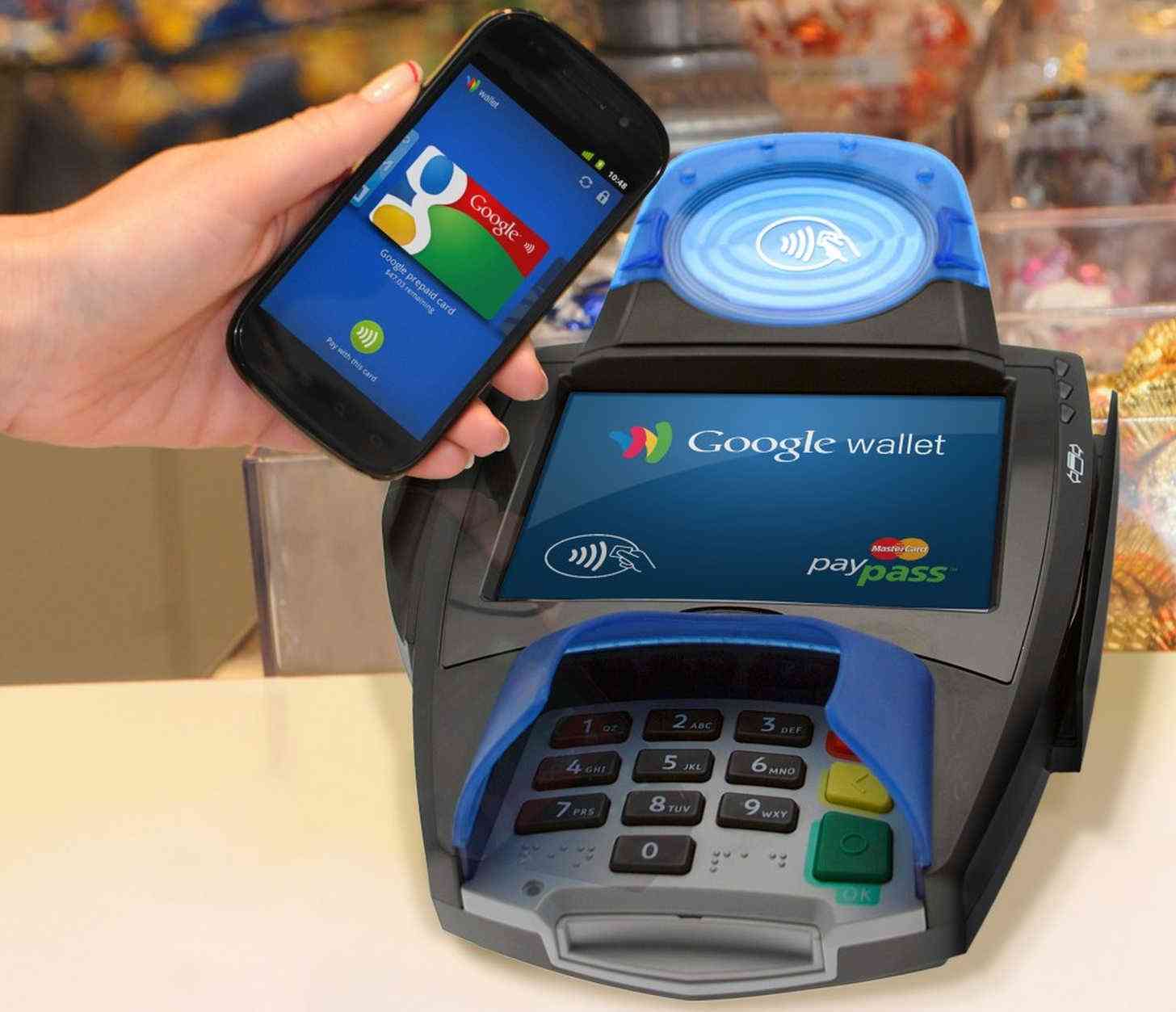
According to the media, mobile payments are the next big thing. Just as debit cards took over for checkbooks and checkbooks took over for cash, mobile payments are the next secure way for people to pay for goods and services. There is significant research around proving how mobile payments can definitely be more secure than using cards, but there’s still one major problem that stops people from even considering mobile payments right now, and that’s convenience.
Many of you are probably wondering, “What do you mean convenience? There’s tons of convenience with mobile pay!” That’s true; there is already a lot of convenience that comes with mobile pay. For example, when you take into consideration how many cards a person has on average (I have about 15 different types of cards in my own wallet) the thought of being able to condense all of that clutter into one considerably safer area, a device that I carry with me on a daily basis anyway, is certainly a positive aspect of mobile payments already.
It’s also considerably faster to pay using mobile wallets, which was a big reason why debit and credit cards were able to take over the outdated process of writing out and paying with a check. Unfortunately, paying using mobile pay is precisely where the convenience factor starts to drop for me.
First and foremost, not everybody takes mobile payments. Admittedly, I have an advantage by using an iPhone – a lot of places do accept Apple Pay. But I know that I don’t intend to stick with the iPhone forever. I frequently bounce around from platform to platform, and Apple Pay is only supported on Apple devices.
Then you have Google Wallet for Android and iOS devices. That’s a little better – at least here I have two out of four platforms that support it (iOS and Android). Google Wallet also comes with a physical card for those times where paying via your phone isn’t feasible, which is also very thoughtful. The second I decide I want a Windows Phone device, though, I have to start over again. Also, you have the issue that, much like Apple Pay, not everybody accepts Google Wallet.
Then you have all of these other mobile wallets like Samsung Pay (only available for Samsung phones), Lemon Wallet, Loopwallet, PayPal, among several others. You also have to factor in that not all banks, credit unions, and credit cards are even supported by certain wallets.
The multiple companies fighting for consumer loyalty is just the tip of the iceberg. You also have to consider that many businesses who currently support mobile payments are also only thinking of themselves and not the consumer. Many of these businesses might support Apple Pay, Google Wallet, or whatever mobile wallet you’ve chosen to use, but they also require you to download their individual app in order to reap the rewards that many retailers offer to customers. Instead of having a cluttered wallet, you’re now faced with a cluttered smartphone.
They’re all competing for the same thing – the most consumer use – but nobody seems to be focusing on the one thing that mobile payments were set out to do in the first place. Nobody is focusing on the fact that all of these wallets, all of these apps, all of these rules, all of these stipulations, and all of the numerous potential blocks in the road are essentially not convenient at all in the end.
I do think that mobile wallets have the potential to change the way we pay for our goods and services, but I don’t see that happening with the way things are right now. Companies and retailers seem too focused on how mobile payments work best for them rather than what works best for the consumer. Between the mobile wallets, banks willing to support them, retailers willing to accept them, and platforms able to host the various wallets, there’s just way too much going on for me to feel confident in making a complete switch. Yes, the myriad of debit and credit cards I have in my possession are sometimes a bit of an inconvenience when it comes to clutter and safety, but mobile payments in its current form don’t give me much reason to feel that their option is truly any better or easier in the end.